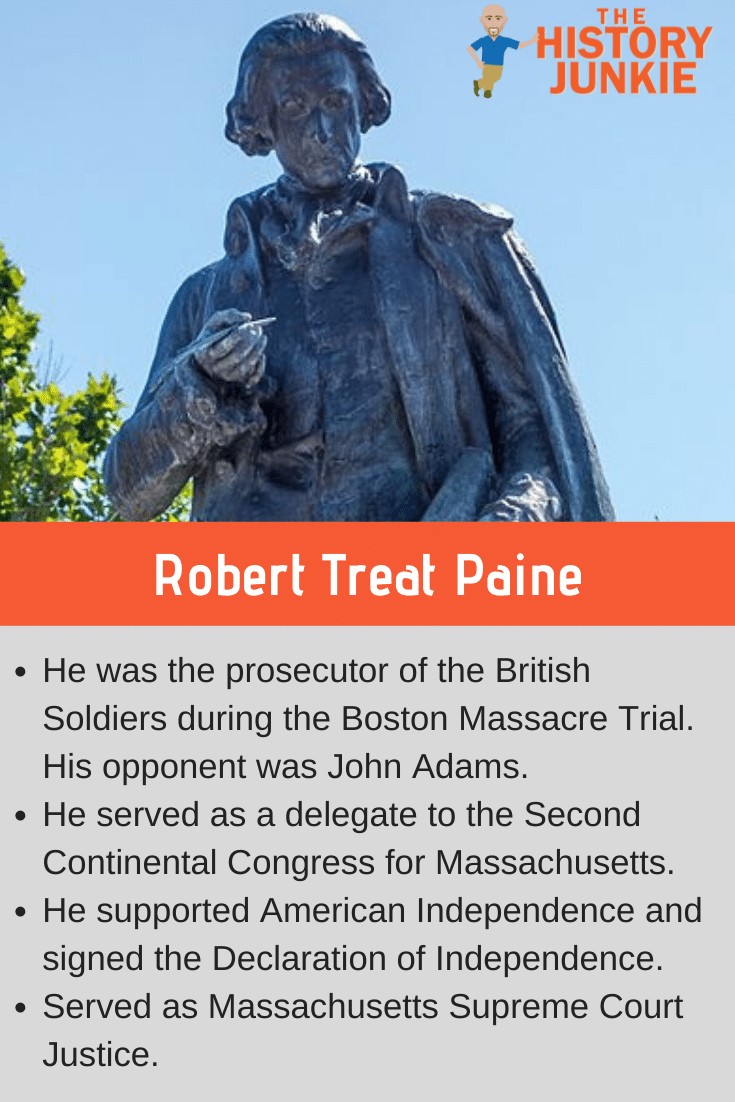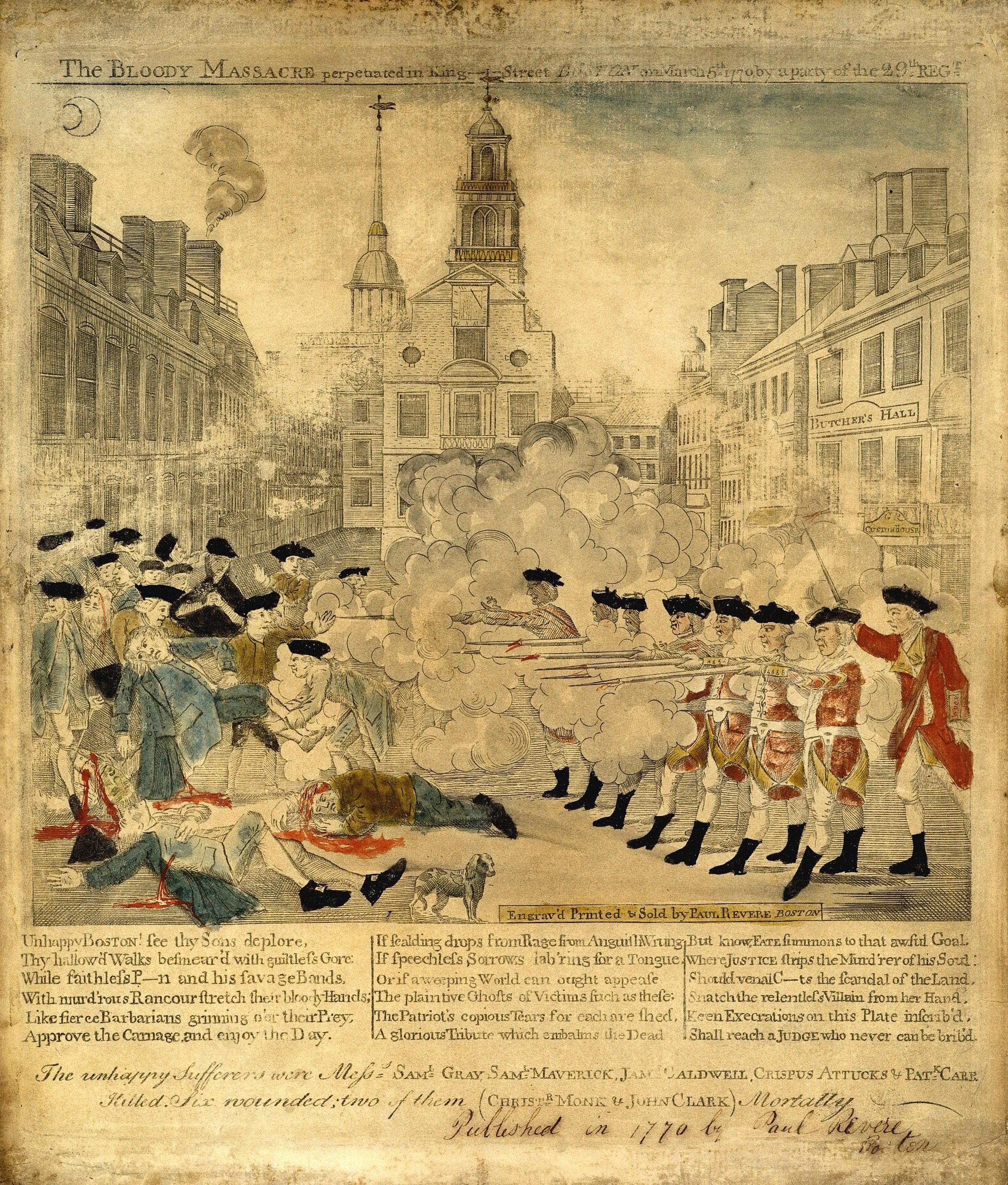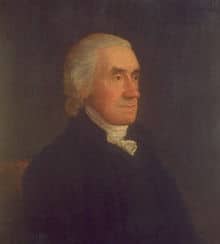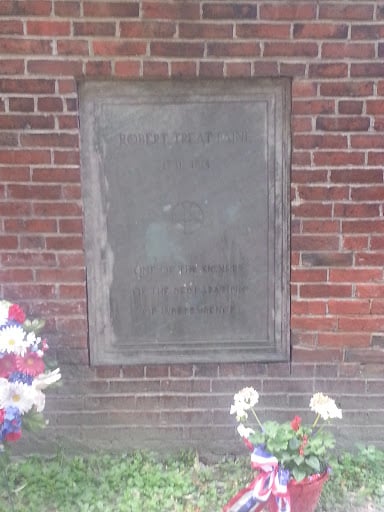Robert Treat Paine led a full life and was one of the few founding fathers who had a life outside of politics. He was involved in politics, government, law, business, theology, clergy, and education.

He was born in Boston and, like many of his peers, went to Boston Latin School and Harvard College. After graduating from Harvard, Paine taught school for a few years and studied theology.
Later, we find him as a merchant traveling to the southern colonies, Spain, England, and the Portuguese Azores.
Boston Massacre and Revolution

In 1768, Paine was the prosecutor of Thomas Preston, who was the commanding British officer at the Boston Massacre.
The man defending Preston in the Boston Massacre Trial was a young lawyer named John Adams.
The two argued an infamous court case. Adams said it was the most exhausting cause he was a part of. In the end, it was Adams who won and Paine who lost.
A few years later, Paine arrived at the Continental Congress as one of five delegates for Massachusetts.

The others were Samuel Adams, John Hancock, John Adams, and Elbridge Gerry. He played an important role in the Olive Branch Petition, helped frame the rules of debate, acquired gunpowder for the American Revolutionary War, and, of course, signed the Declaration of Independence.
After the war, Paine served as a justice of the Massachusetts Supreme Court from 1790 - 1804. In 1804, Robert Treat Paine finally retired from an eventful life and spent the remainder of his days in Taunton, Massachusetts.
He died in 1814 and was buried at the Granary Burying Grounds in Boston.
Robert Treat Paine was a Congregationalist and a devout Christian.

